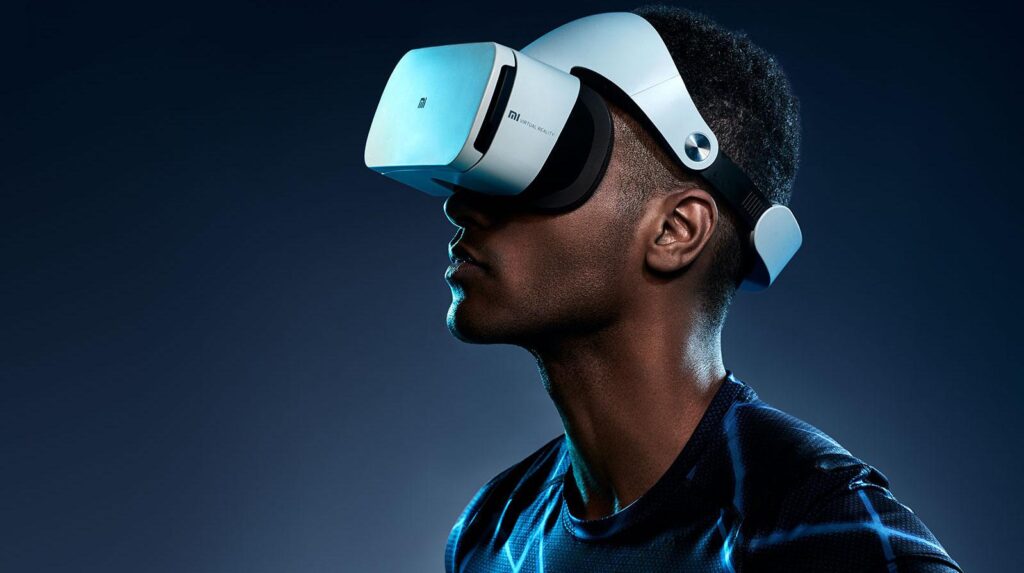
Technological innovations are dramatically reshaping the digital world, driving changes across industries and daily life. From AI and quantum computing to blockchain and immersive realities, new technologies are creating a new digital frontier. This article explores how these advancements are transforming our landscape.
Artificial Intelligence and Machine Learning
Artificial Intelligence (AI) and Machine Learning (ML) are revolutionizing various sectors by enabling systems to learn from data and improve over time. AI applications range from virtual assistants and chatbots to advanced analytics in healthcare and finance. These technologies enhance efficiency, personalization, and innovation.
Quantum Computing
Quantum computing represents a leap from classical computing by using qubits to process information in multiple states simultaneously. This could solve complex problems faster than traditional computers, with potential impacts on fields like cryptography and drug discovery. Though still emerging, quantum computing promises significant breakthroughs.

Blockchain and Decentralized Technologies
Blockchain technology extends beyond cryptocurrencies to offer secure, transparent records across industries. It supports decentralized financial services (DeFi) and Non-Fungible Tokens (NFTs), enhancing trust and transparency in digital transactions. Its potential applications are broad, impacting supply chains, finance, and voting systems.
5G and Connectivity
The advent of 5G networks is set to revolutionize connectivity with faster speeds and lower latency. This advancement will enhance mobile communication, support the Internet of Things (IoT), and enable innovations in autonomous vehicles and smart cities. The increased capacity of 5G will drive real-time data processing and seamless interaction.
Extended Reality (XR): AR and VR
Extended Reality (XR), which includes Augmented Reality (AR) and Virtual Reality (VR), is transforming digital interaction. AR adds digital layers to the physical world, while VR creates immersive digital environments. These technologies are enhancing experiences in education, training, and entertainment.

Cybersecurity Innovations
As technology advances, so do cybersecurity threats. Innovations in cybersecurity, including AI-driven threat detection and enhanced encryption, are crucial for protecting data and maintaining digital trust. Blockchain also offers potential improvements in security through decentralized, transparent systems.
Impact on Society and Industry
These technological advancements are reshaping business models, creating economic opportunities, and altering daily life. AI and automation are changing job markets, while blockchain influences how we manage trust and transactions. XR technologies are redefining learning and social experiences, and 5G is expanding the capabilities of IoT and smart technologies.
Conclusion
The digital landscape is evolving rapidly due to groundbreaking technologies like AI, quantum computing, blockchain, 5G, and XR. These innovations are transforming industries and our daily lives, offering new opportunities and challenges. Understanding these changes will be essential as we navigate the future of the digital world.
4o mini





